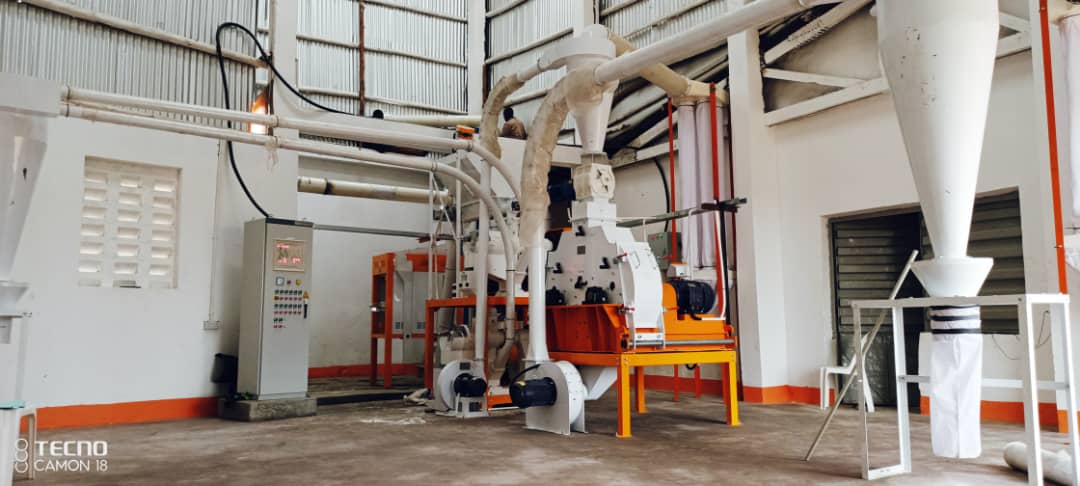
The Future of Milling in Uganda: Why Quality Standards Matter
As Uganda’s agricultural sector continues to modernize and scale up, grain milling has emerged as a vital link in the food and feed value chains. From household consumption to large-scale food production, the quality and safety of milled grain products directly affect national food and security, public health, and economic competitiveness. In this evolving landscape, grain milling standards are no longer optional—they are essential.
Why Milling Standards Matter
Grain milling standards serve as a blueprint for ensuring the safety, quality, and nutritional value of food products. In Uganda, where milled grain products are a dietary staple and milling provides income to thousands of small and medium enterprises, standards help protect both consumers and producers.
Without proper standards, poor milling practices can introduce harmful contaminants like aflatoxins, metals, or pests into the food supply. This not only poses serious health risks but also leads to post-harvest losses, reduced shelf life, and diminished trust in locally milled products. In contrast, well-enforced standards build consumer confidence, enhance food quality, and enable Ugandan millers to tap into premium markets—both locally and internationally.
The Uganda National Bureau of Standards (UNBS) is the statutory body responsible for setting and enforcing grain milling standards. These guidelines ensure that grain products meet minimum safety, hygiene, and nutritional benchmarks. UNBS standards cover a wide range of issues—from cleanliness and foreign matter control to packaging and labeling requirements. Millers who meet these standards are eligible for certification, which not only enhances their reputation but also grants access to institutional buyers such as schools, humanitarian agencies, and export markets.

